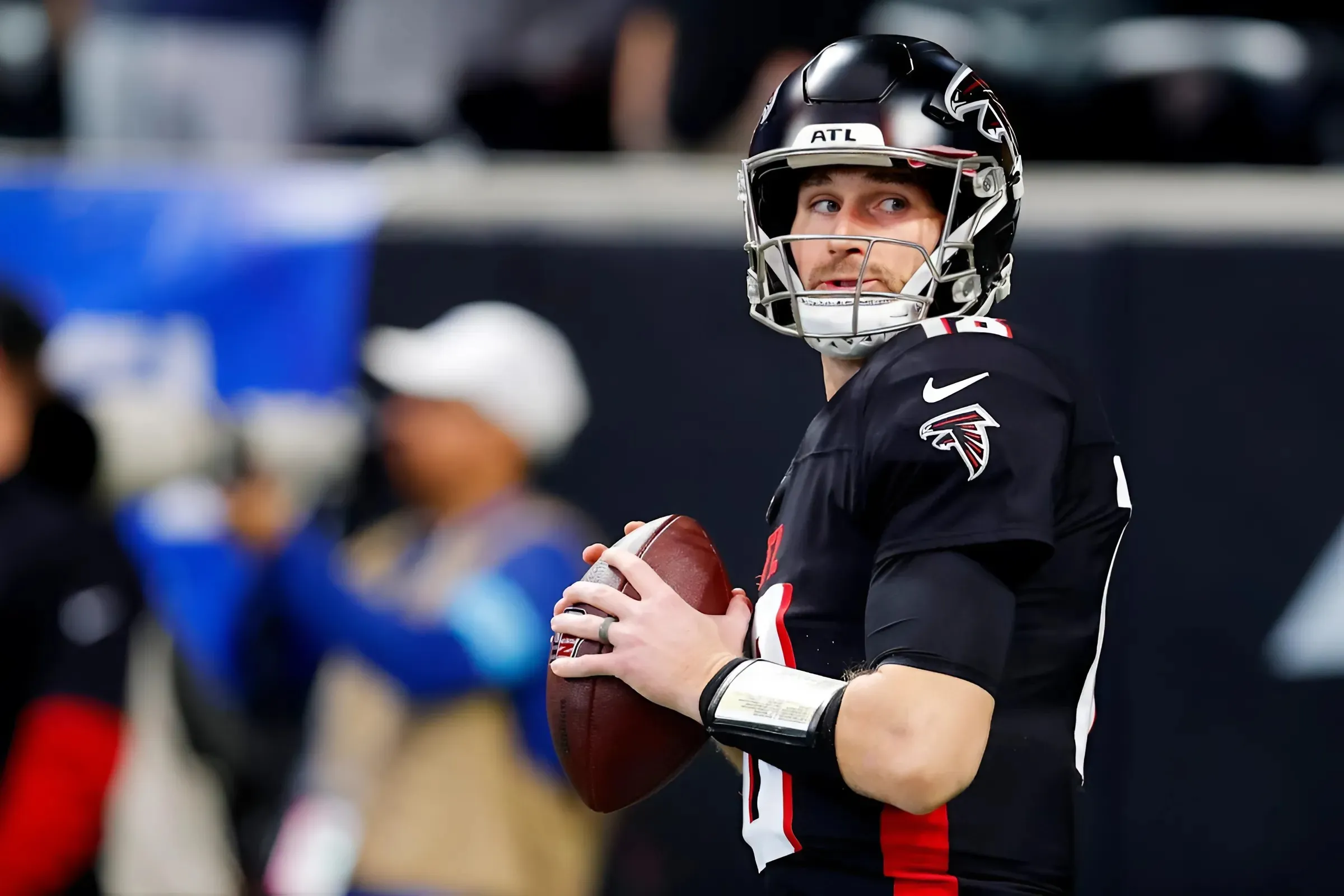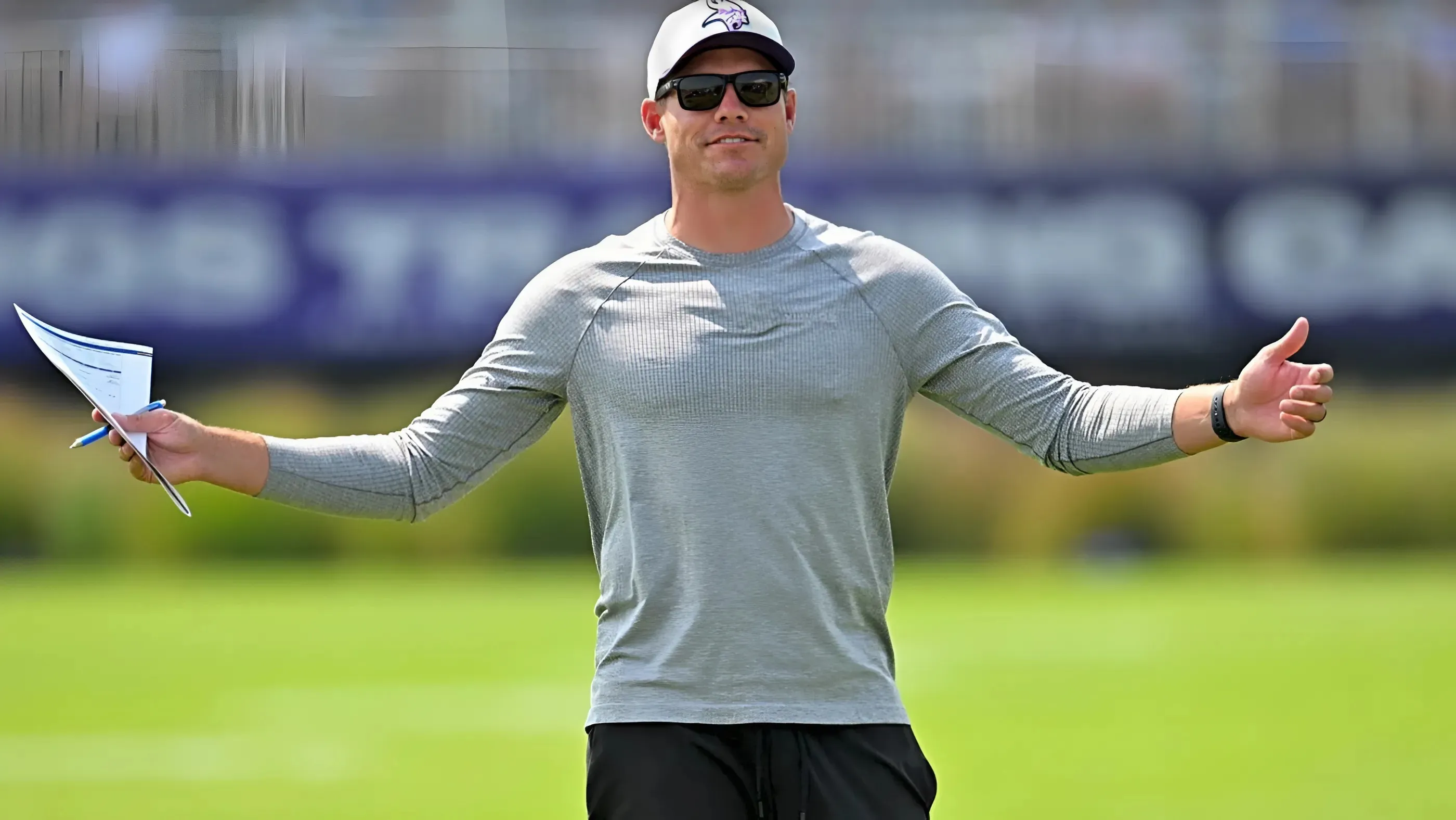Once again, it’s Jimmy Butler III vs. Pat Riley. Except in this battle, the Golden State Warriors are in the fight with Butler.
Two generations ago, when Riley was coaching the “Showtime” version of the Los Angeles Lakers, he frequently uttered four words of warning to his teams as they chased NBA championships: “No rebounds, no rings.”
More than 40 years later, Butler and the Warriors are formulating a rebuttal. They’re trying to win in deference to rebounding. They won Game 1 of their first-round Western Conference playoff series against the Houston Rockets on Sunday despite being outrebounded 52-36.
Trying that in Game 2 on Wednesday would invite a Rockets resurgence.
“We will be better on the glass tomorrow, for sure,” coach Steve Kerr said Tuesday, speaking to reporters in Houston. “But it's definitely something we have to be vigilant about throughout the series.”
Golden State surely would like to narrow that 16-rebound deficit, but there isn’t much to inspire belief. This is no one-game anomaly. It’s an emerging and ominous trend.
The Game 1 totals represent the fourth consecutive game the Warriors have lost the rebounding war, and each game was consequential. They were minus-11 in the play-in tournament game against the Memphis Grizzlies – and won. They were minus-17 in the regular-season finale against the Los Angeles Clippers – and lost by five. They were minus-7 in the penultimate regular-season game against the Portland Trail Blazers – and won.
Four significant games, three victories, a .750 winning percentage. Maintaining such a pace in the postseason would ensure the 16 wins Golden State would need for champagne showers in June.
Is it realistic to consistently lose the rebounding battle and still win 75 percent of your postseason games? No. Which is why Riley stressed that facet to his teams as a coach and still does now as the team president of the Miami Heat, where Butler undoubtedly heard or saw his cautionary words.
“We’ve got to be better,” Kevon Looney told reporters after practice in Houston. “We've been a pretty great rebounding team all season, so I think they kind of beat us on the 50/50 balls. They've got a lot of guys, a lot of big guys. They missed a lot of shots too.”
The Warriors overcame the rebounding deficit in Game 1 because the Rockets shot as if blindfolded, managing only 22 points off 22 offensive rebounds. For context, Golden State scored 12 points off six offensive rebounds. Houston attempted 11 more field goals and made two fewer. Its guards, Fred VanVleet and Jalen Green shot a combined 7 of 34 (20.6 percent) from the field, including 2 of 17 (11.8 percent) from distance.
No matter how well the Warriors defend, and they were terrific in Game 1, they know it’s illogical to expect the Rockets to shoot so woefully in Game 2 and beyond.
“They missed some shots that they'll probably make tomorrow,” Kerr conceded.
“They got a lot of open looks, which I'm sure they probably felt like they should have made,” Stephen Curry said after the 95-85 victory in Game 1. “A lot of them came off offensive rebounds. Our point-of-attack defense was great, (but) you can't assume that they're going to miss open looks if you're giving them second, third and fourth opportunities.
“That's going to be a big challenge for us if we want to win again on Wednesday. We expect them to play better, but you got to make it as difficult as possible.”
Riley’s mantra was formed through experience. As a Lakers assistant coach in the 1980 NBA Finals, he saw the team post a 308-223 rebounding advantage to beat the Philadelphia 76ers in six games. Two years later, as head coach, the Lakers again topped Philly in six behind a 284-250 rebounding advantage,
The following season, with the Sixers adding legendary rebounder Moses Malone, Riley’s Lakers were swept. They were outrebounded 192-171. Malone, who grabbed twice the rebounds of any Laker, earned the Finals MVP award.
Can the Warriors overcome their relative lack of size and athleticism against Houston and, should they advance, any opponents that follow?
It’s going to take all hands, beginning with starting “big men” Draymond Green and Butler, neither of whom is taller than 6-foot-7. They’ll need Looney, a 6-foot-9 rebounding specialist, to be exactly that. Quinten Post, a 7-footer who floats around the perimeter on offense, also must use his frame in the paint. Moses Moody, at 6-foot-5, sometimes is listed at “power forward,” but lives mostly on the perimeter as the primary point-of-attack defender.
Golden State’s leading rebounder in Game 1 was Brandin Podziemski, a 6-foot-4 guard, who snagged eight. Their leading rebounder in the play-in tournament game was Curry, who used his 6-foot-3 frame to grab eight. Podziemski was the leading rebounder, with eight, in the loss to the Clippers, and he tied with Green at seven in the win at Portland.
That speaks to the tenacity and fearlessness of Podziemski and Curry, and it’s something any undersized team must bring to give itself a chance to earn extra possessions.
“We know they're going to rebound,” Kerr said of the Rockets, who in the regular season led the NBA in that category. “They're going to get some offensive boards. We've got to do a better job in that area. But all in all, it’s about being poised, executing and keeping them from the easy stuff.”
Rebounding alone guarantees nothing, certainly not rings, no matter what Riley says. But winning without them requires appreciable superiority elsewhere, and the Warriors know that won’t be a given for the duration of their postseason.



